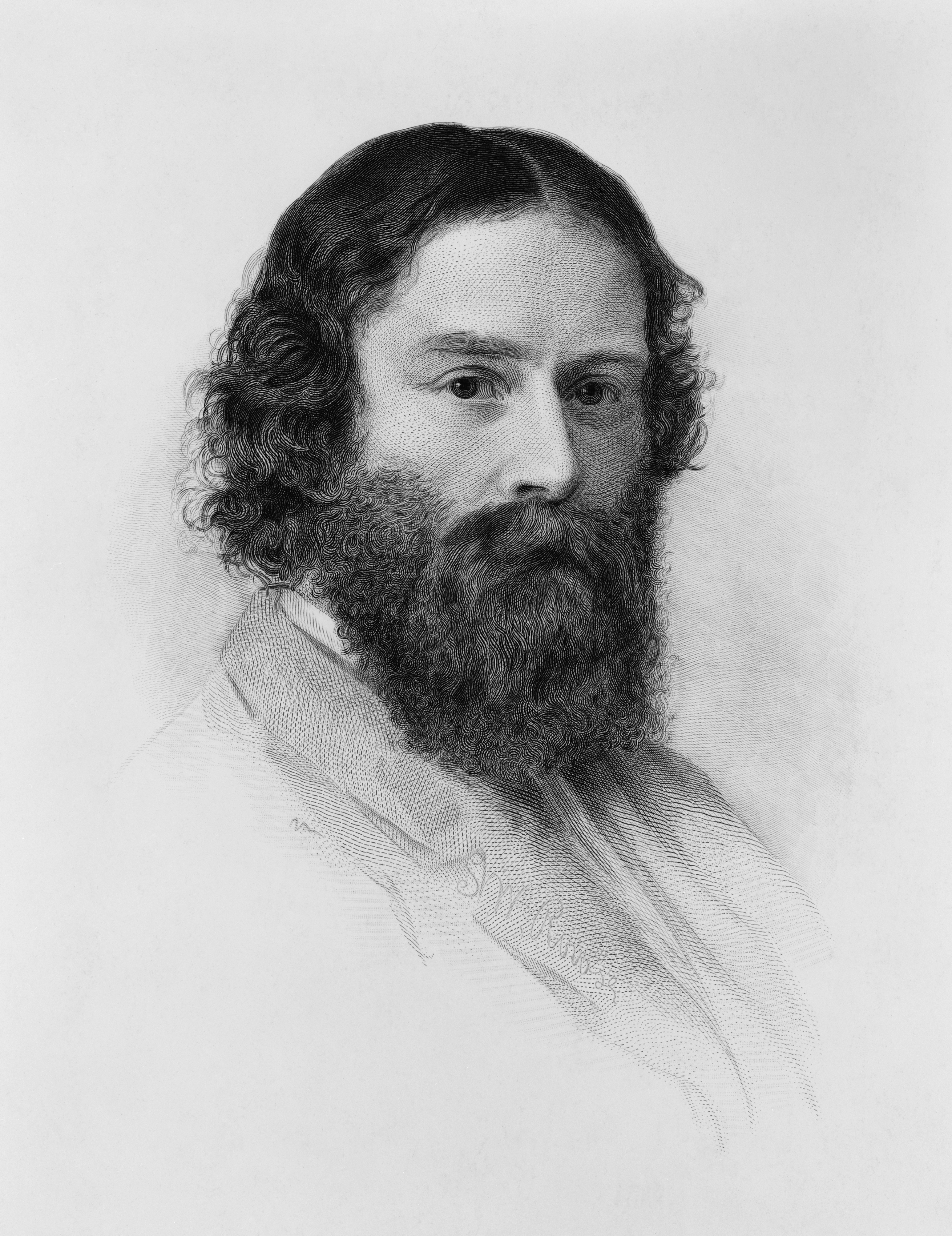James Russell Lowell was an American Romantic poet, critic, editor, and diplomat. He is associated with the Fireside Poets, a group of New England writers who were among the first American poets that rivaled the popularity of British poets. These writers usually used conventional forms and meters in their poetry, making them suitable for families entertaining at their fireside.
Lowell graduated from Harvard College in 1838, despite his reputation as a troublemaker, and went on to earn a law degree from Harvard Law School. He published his first collection of poetry in 1841 and married Maria White in 1844. The couple had several children, though only one survived past childhood.
He became involved in the movement to abolish slavery, with Lowell using poetry to express his anti-slavery views and taking a job in Philadelphia, Pennsylvania, as the editor of an abolitionist newspaper. After moving back to Cambridge, Lowell was one of the founders of a journal called The Pioneer, which lasted only three issues. He gained notoriety in 1848 with the publication of A Fable for Critics, a book-length poem satirizing contemporary critics and poets. The same year, he published The Biglow Papers, which increased his fame. He went on to publish several other poetry collections and essay collections throughout his literary career.
Maria died in 1853, and Lowell accepted a professorship of languages at Harvard in 1854. He traveled to Europe before officially assuming his teaching duties in 1856, and married Frances Dunlap shortly thereafter in 1857. That year, Lowell also became editor of The Atlantic Monthly. He continued to teach at Harvard for twenty years.
He received his first political appointment, the ambassadorship to the Kingdom of Spain 20 years later. He was later appointed ambassador to the Court of St. James's. He spent his last years in Cambridge in the same estate where he was born, and died there in 1891.
Lowell believed that the poet played an important role as a prophet and critic of society. He used poetry for reform, particularly in abolitionism. However, his commitment to the anti-slavery cause wavered over the years, as did his opinion on African-Americans. He attempted to emulate the true Yankee accent in the dialogue of his characters, particularly in The Biglow Papers. This depiction of the dialect, as well as his many satires, was an inspiration to writers such as Mark Twain and H. L. Mencken.
Wikipedia
✵
22. February 1819 – 12. August 1891
